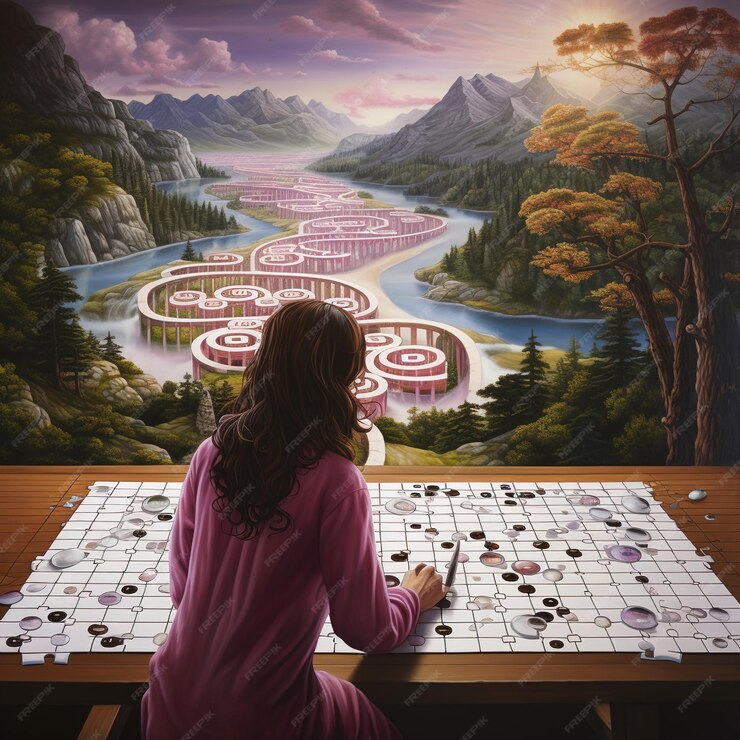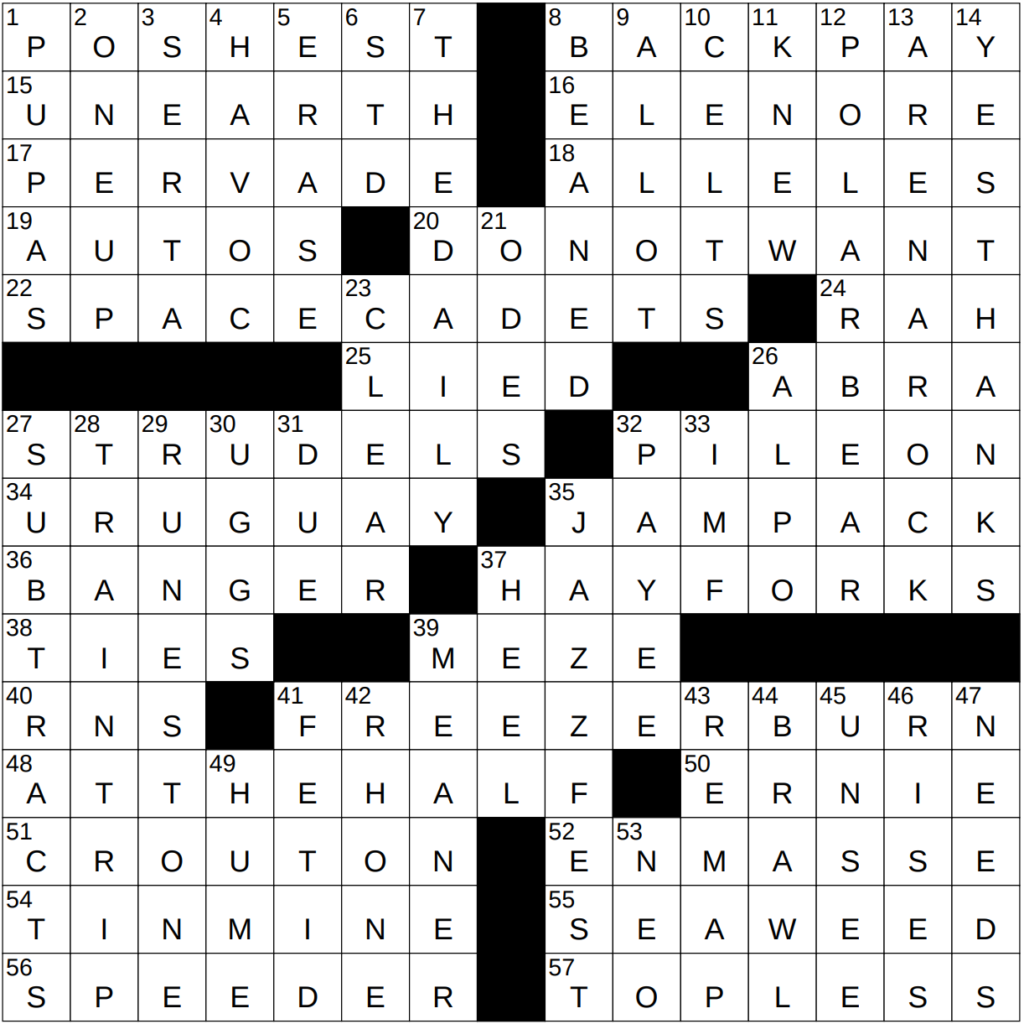Table of Contents
A Treatise of Human Nature NYT Crossword can leave you scratching your head, but don’t worry! If you’ve come across this clue, you’re not alone. The clue refers to the famous philosopher David Hume, who wrote the work A Treatise of Human Nature in the 18th century. Hume’s work is often seen as one of the most important pieces of philosophy, and it has been referenced in various forms of puzzles, including crosswords like this one.
When you see the clue “Philosopher David who wrote A Treatise of Human Nature,” the answer you’re looking for is “HUME.” This might be a tricky clue for some, especially if you’re not familiar with philosophy, but now that you know, you’ll be ready to tackle it in your next crossword puzzle.
What is “A Treatise of Human Nature”? Understanding the Clue Behind the NYT Crossword
“A Treatise of Human Nature” is a famous book by philosopher David Hume. It talks about human understanding, emotions, and morals. In the NYT crossword puzzle, this clue often points to David Hume as the answer. Knowing this can help solve the puzzle quickly and correctly.
David Hume’s work is important in philosophy. His ideas about how humans think and feel were groundbreaking. So, when the clue “Philosopher David who wrote A Treatise of Human Nature” appears, the answer is usually “HUME.” Understanding this reference can give you an edge when solving crosswords.
Crossword puzzles can teach us new things, like important historical figures or books. This clue is a great example. By learning about Hume and his book, you not only solve the crossword but also improve your knowledge of philosophy.
A Deep Dive into David Hume’s Philosophy: A Treatise of Human Nature NYT Crossword Explained

David Hume’s philosophy is about how people understand the world. In A Treatise of Human Nature, he discusses how we learn, feel, and make decisions. This book changed the way people think about the mind and knowledge. It’s an essential piece of philosophy that is often seen in various puzzles, including the NYT crossword.
Hume believed that our thoughts and ideas come from our experiences. This means that everything we know or believe is based on what we’ve learned. He also explored emotions, claiming that feelings often guide our actions more than reason does. This was a fresh idea when it was introduced.
For crossword solvers, knowing about David Hume and his work can be really helpful. It helps you quickly recognize the clue about “A Treatise of Human Nature.” Understanding the book makes it easier to solve puzzles related to philosophy.
Key Ideas from Hume’s Philosophy:
- Human understanding comes from experience.
- Emotions play a big role in decision-making.
- Hume’s ideas changed how we view knowledge and feelings.
Why Hume’s “A Treatise of Human Nature” Is a Key Clue in NYT Crosswords
The clue about A Treatise of Human Nature is important because David Hume is a well-known philosopher. His book is often mentioned in crosswords because it’s a famous work in philosophy. It’s common for crosswords to include historical figures and their famous works, and Hume fits that perfectly.
In the world of crossword puzzles, clues that refer to famous books or authors are often tricky. But once you recognize that Hume wrote A Treatise of Human Nature, you can solve the puzzle with confidence. This type of clue helps keep the puzzle challenging, while also teaching new things.
Many crossword clues can be related to literature and philosophy, and knowing about these subjects makes solving them easier. Hume’s book is a key part of philosophical history, and that’s why it appears in the NYT crossword. By understanding the context of the clue, you can feel more confident while solving.
Solving the Puzzle: How to Decode the A Treatise of Human Nature NYT Crossword Clue

Sometimes, crossword clues can feel like puzzles within puzzles. When you see the clue “Philosopher David who wrote A Treatise of Human Nature,” it can seem a bit tricky. But don’t worry! The answer is actually quite simple once you know about the book and its author.
To decode this clue, start by thinking of famous philosophers. David Hume is one of the most important philosophers, and his book A Treatise of Human Nature is one of his best-known works. When you recognize this connection, the answer “HUME” becomes clear.
Crossword clues are a great way to test your knowledge of different subjects. If you come across this clue and know about Hume’s work, you’ll easily solve it. Plus, solving clues like this one is a fun way to learn about history and philosophy.
The Connection Between Philosophy and Crosswords: A Treatise of Human Nature NYT Puzzle
Crosswords often feature references to famous philosophers, authors, and historical works. A Treatise of Human Nature is a perfect example of how philosophy and crosswords overlap. The NYT crossword puzzles use this kind of reference to challenge solvers and help them learn new facts.
By learning about Hume and his ideas, you can solve more than just the current puzzle. Philosophy clues in crosswords often pop up again, so knowing the answer to “A Treatise of Human Nature” can be useful for future puzzles. This connection makes solving these puzzles more enjoyable and educational.
Why Philosophy Matters in Crosswords:
- Philosophy clues help improve critical thinking.
- They introduce important historical figures and books.
- Solving philosophy-based clues broadens your knowledge.
How “A Treatise of Human Nature” is Featured in the NYT Crossword

The famous book A Treatise of Human Nature by David Hume often appears in NYT crossword puzzles. It’s a common clue that puzzle solvers recognize. By understanding this reference, you can quickly find the answer to the clue. This makes solving crosswords more fun and educational.
The book itself is complex, but the crossword clue simplifies it. When you see the name “Hume” in a crossword puzzle, it is a shortcut to understanding the philosopher’s work. Knowing about A Treatise of Human Nature helps you crack the puzzle faster and gain new knowledge.
How to Spot This Clue in Future Crosswords:
- Look for clues that mention famous philosophers.
- The answer will likely be “HUME” if the clue is about A Treatise of Human Nature.
- Keep practicing, and soon these types of clues will be easy!
Conclusion
Solving the “A Treatise of Human Nature NYT Crossword” clue is much easier once you know about David Hume and his famous book. By learning a little bit about Hume’s philosophy, you can confidently solve this clue the next time you see it in a crossword puzzle. It’s always great to connect puzzles with real-world knowledge, and this clue is a perfect example.
Remember, crosswords are a fun way to challenge your brain while learning something new. The more you understand about famous philosophers like Hume, the better you’ll become at solving puzzles. So next time you come across this clue, you’ll be ready to fill in the answer with ease! Happy puzzling!
FAQs
Q: Who wrote A Treatise of Human Nature?
A: David Hume, a famous Scottish philosopher, wrote A Treatise of Human Nature in the 18th century.
Q: What is the answer to the “A Treatise of Human Nature NYT Crossword” clue?
A: The answer is “HUME,” referring to the philosopher who wrote the book.
Q: Why does A Treatise of Human Nature appear in crossword puzzles?
A: It’s a famous philosophical work by David Hume, and crossword puzzles often include references to important books and thinkers.
Q: What is the main topic of A Treatise of Human Nature?
A: The book explores human understanding, emotions, and the nature of knowledge and morality.
Q: How can I solve the “A Treatise of Human Nature NYT Crossword” clue?
A: Recognize that the clue refers to David Hume, and the answer is “HUME.”
Q: Is A Treatise of Human Nature still relevant today?
A: Yes, Hume’s ideas about human nature and knowledge continue to influence modern philosophy and thought.


